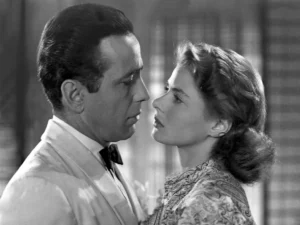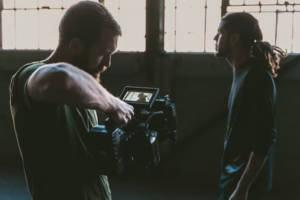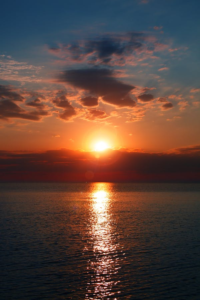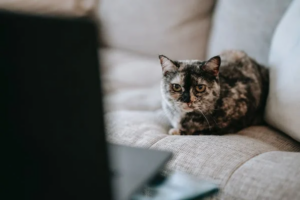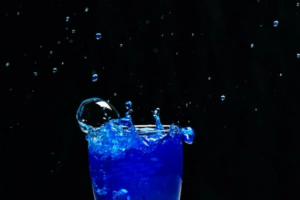Duvetyne is a twill fabric with a velvet-like nap on one side, also known as Molton and Rokel. Cotton, wool, or—in rare occasions, mainly in the early twentieth century—silk—can all be used to make it. The matte surface of Duvetyne, along with its excellent opacity, makes it ideal for blocking light.
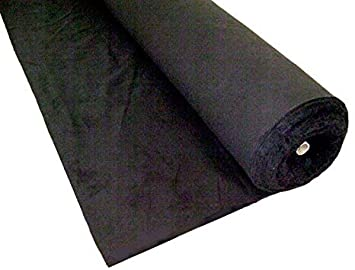
How is Duvetyne Made?
Duvetyne is a flame-retardant fabric made from a sateen weave that is dyed black, napped on one side (brushed), and has a brushed finish. The woven suede-type fabric is lightweight and drape-able. To the touch, the surface has a velvety texture. Duvetyne fabric has a matte surface and a high opacity, and it is utilized in any situation where light must be blocked.
Information About Duvetyne Cloth
Duvetyne’s fabric is black and weighs 12 ounces per linear square yard. On one side, the cloth is napped, while it is fire-resistant on the other. Satin weaves are used. Instead of a filament, spun yarns are used in the weave structure. In contrast to plain weaves, the warp is floated over the weft.
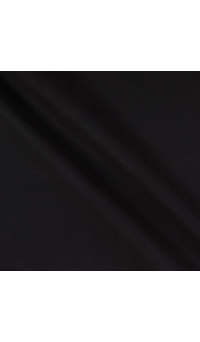
Did You Know?
In Season 1 of the Star Trek TV series, the exterior shots of “space” were created by gluing glitter onto black duvetyne.
10 Ways to use Blackout Curtains for Filmmaking | The Film Look
Uses of Duvetyne
Duvetyne fabric is a fantastic choice for a variety of uses and projects. As a fire-resistant, Duvetyne is used for spill control and negative fill. It comes in two colors- black and white. You can use Black Duvetyne for tenting, on-camera backgrounds, or black backgrounds.
With its matte finish, White Duvetyne can be used as a bounce for indirect lighting.
The following are some examples of duvetyne applications:
Curtains of Stage and Theater
For years, duvetyne cloth has been utilized in film and theater. Duvetyne is generally required to be solid and versatile, allowing it to be used in various stage and theater treatments. You can also use it in theaters for cycloramas. Our fabric selection could be the biggest star in your next future stage or motion picture project.
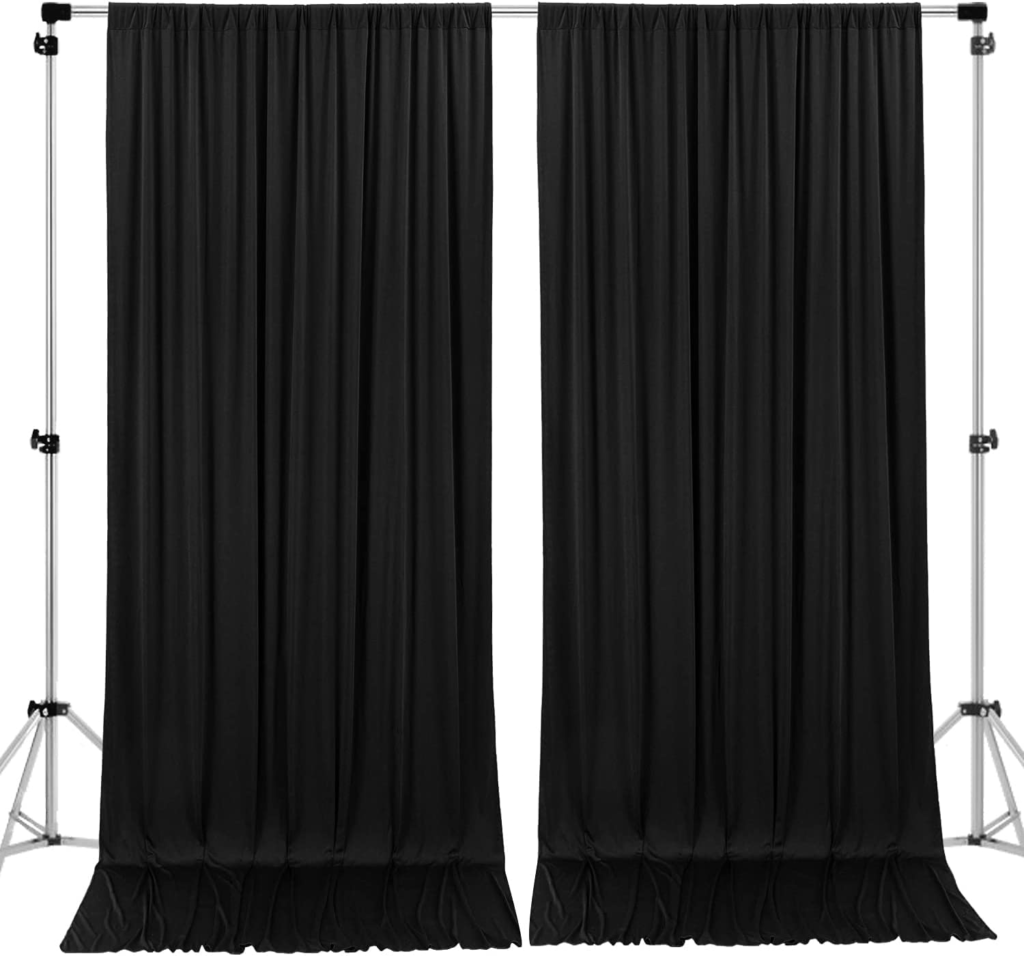
Drapery
It has never been easier to make draperies using our fabric. This fabric may create stunning drapes for both indoor and outdoor applications. In addition, you can use it to keep light out. Duvetyne can be used to construct blackout curtains or to block out undesirable light.
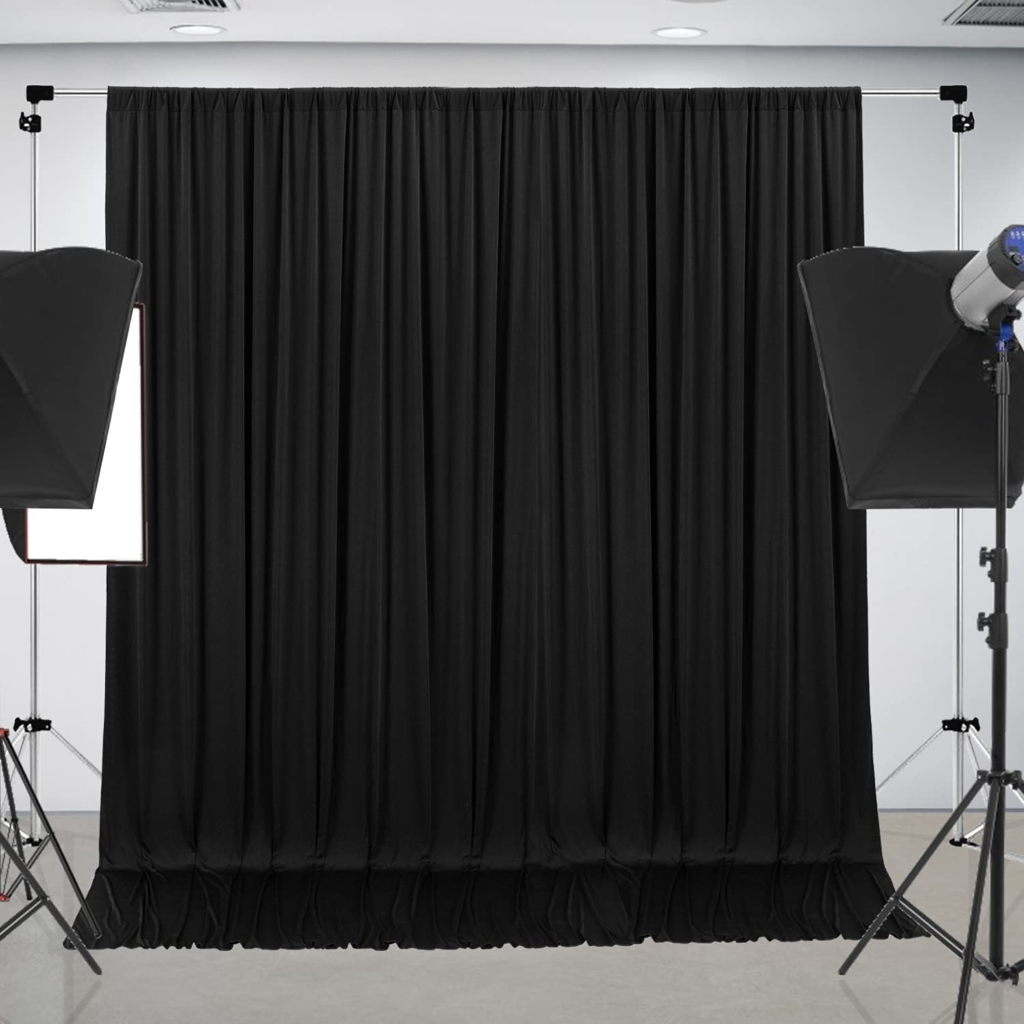
Cycloramas
Large curtain walls are known as cycloramas. They are known as “cycs” and are widely employed in theater shows. Depending on the cloth’s opacity, it can create the illusion of a sky. It is frequently front or back-illuminated.

Masking
In cinema, masking clarifies a projected film or image. Masking can be applied from the top of the sides.
Covering
The short answer is that the 16-ounce Commando Cloth is slightly more light-blocking than the 12-ounce Duvetyne. Therefore, commando is preferable if a light source is behind the fabric. However, Duvetyne will perform the job without a light source, such as a stage skirting application.
The black on-set absorbs light, hides objects, and becomes the ideal approach to get the image you want. It is also a simple product to work with. Wrap it, cut it, rip it, and use it in whatever you wish.
Features of Duvetyne
- Weight: 8.5 oz per square yard, 12 oz per linear yard.
- Width: 54 Inches.
- Fabric Type: Cotton.
- Coating: No Coating.
- Finishing: Black dye and napped one side.
- Weave Type: Sateen
Duvetyne Cloth vs. Commando Cloth
The short answer is that the 16-ounce Commando Cloth is slightly more light-blocking than the 12-ounce Duvetyne. Therefore, the commando option is preferable if a light source is behind the fabric.
Duvetyne will perform the job without a light source, such as a stage skirting application.
Conclusion
Since time immemorial, Duvetyne has been an integral part of performing arts like theater and filmmaking. The primary function of a duvetyne is to block out light. In addition, it can also be used as curtains, drapery, cycloramas, masking, and covering.







